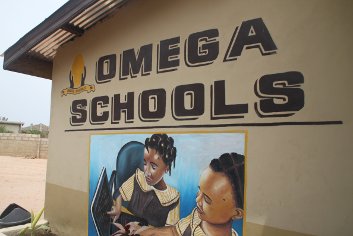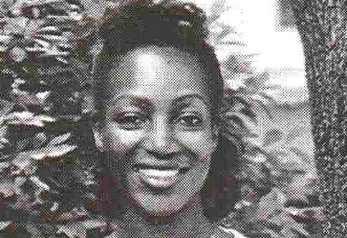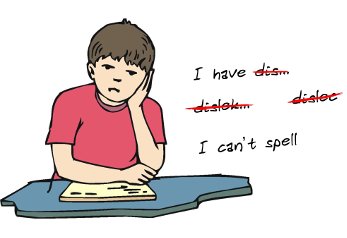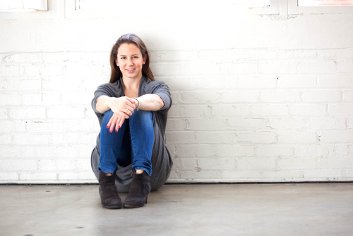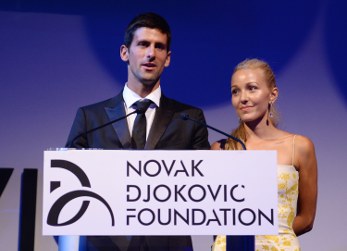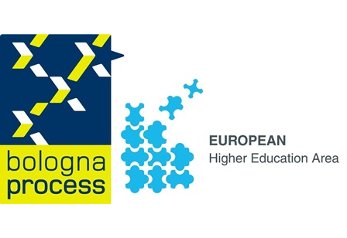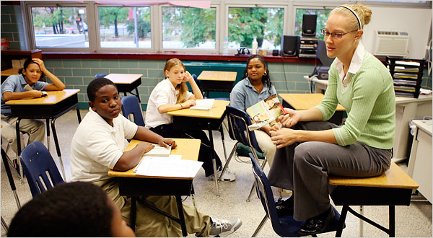UK’s former prime minister has a point
In a recent article, Gordon Brown stressed the fat that, after the third anniversary of the start of Syria’s civil war, there is a race against time to deliver a groundbreaking education project to the conflict’s hardest-hit victims: hundreds of thousands of child refugees. Indeed, a shocking three million Syrian children have now been displaced. More than one million have fled Syria and are languishing in camps in neighboring countries, particularly Lebanon, Jordan, and Turkey. These children are now suffering a third winter away from their homes, schools, and friends. Many are separated from their families, and thousands more join the ranks of displaced persons every day in what is becoming the largest humanitarian catastrophe of our time. But a path-breaking initiative in Lebanon, involving teachers, aid agencies, and education charities has opened a small window of hope. Amid the chaos of camps, makeshift huts, and destitution, the fight for an important new principle of international aid has begun: even in times of conflict, children must have access to education. A century and a half ago, the Red Cross established the norm that health care could – and should – be provided even in conflict zones. This principle was carried forward by groups like Médicins sans Frontières, whose doctors have risked their lives for the last four decades to deliver medical care to the world’s most dangerous places. Now Lebanon is the site of a pilot program to advance the idea that providing education for refugee children is equally feasible – and no less important. Across 1,500 communities in this troubled, divided country, where Syrian refugee children now make up 20% of the school-age population, the aim is to establish children’s right to education as a humanitarian priority. Read more about this pilot project in Lebanon, designed to cater to all 435.000 Syrian child refugees now in the country.


